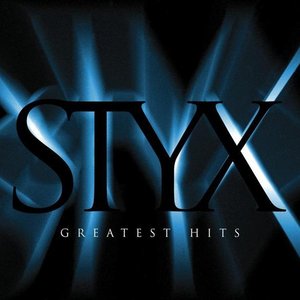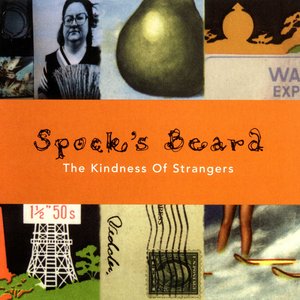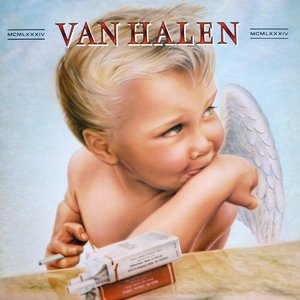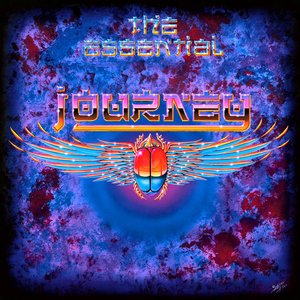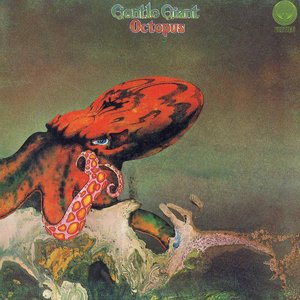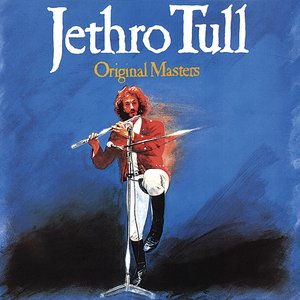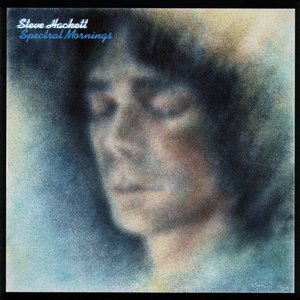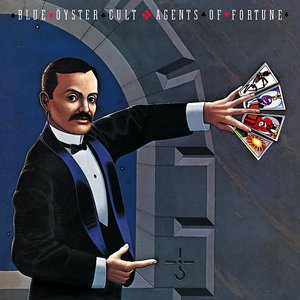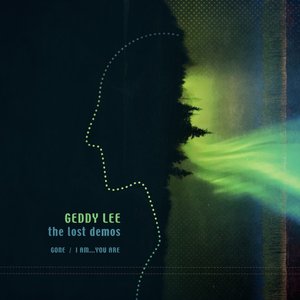Wiki
-
Release Date
1 April 1976
-
Length
12 tracks
2112 ("Twenty-One Twelve") is the fourth studio album by Canadian progressive rock band Rush, released in 1976. The Toronto dates of the 2112 tour were recorded and released as All The World's a Stage in September 1976. In 2006 a poll of Planet Rock listeners picked 2112 as the definitive Rush album.
The album 2112 features an eponymous seven-part suite written by Geddy Lee and Alex Lifeson, with lyrics written by Neil Peart. The suite tells a dystopian story set in the year 2112. Since the album is named after the suite it is mistakenly thought of as a concept album. Technically it is not, as the songs on the second side are completely unrelated to the plot of the suite. Rush repeated this arrangement in Hemispheres.
2112 was the first Rush album listed in 1001 Albums You Must Hear Before You Die.
Sticking to their principles
The band, pressured by their record company not to write another concept piece (after the previous album, Caress of Steel, containing two such songs, failed commercially), stuck to their principles and created what is hailed as their first masterpiece. It garnered them their first U.S. Top 100 album and would reach Gold status on November 16, 1977 (along with the band's then current release A Farewell to Kings and All The World's a Stage) and Platinum on February 25, 1981 (shortly after the release of Moving Pictures in 1981).
The 2112 suite
Main article: 2112 (song)
In the year 2062, a galaxy-wide war results in the union of all planets under the rule of the Red Star of the Solar Federation. The world is controlled by the Priests of the Temples of Syrinx, who determine the content of all reading matter, songs, pictures - every facet of life during the year 2112 ("The Temples of Syrinx").
A man discovers a guitar (ancient miracle) and learns to play new, different music from what he has ever heard. When he goes to present this to the priests of the Temples, they destroy the guitar. He goes into hiding and dreams of music; upon awakening he becomes severely depressed and commits suicide after a few more days in hiding. As he dies, another planetary battle begins ("Grand Finale") resulting in the (perhaps deliberately) ambiguous ending "Attention all planets of the Solar Federation: We have assumed control." (This spoken section was created by Geddy Lee and Alex Lifeson reportedly "messing around with a tape recorder".)
On the album, Neil Peart credits "With acknowledgment to the genius of Ayn Rand." Rand, a Russian-born American novelist and Objectivist philosopher, wrote a novella entitled Anthem (itself the title of another Rush song, from the album Fly By Night) from which Peart borrowed the broad strokes of the plot.
Remaining songs
The other songs on the album stand alone from the title track, with Geddy Lee and Alex Lifeson writing lyrics for one song each ("Tears" and "Lessons", respectively). All other lyrics were penned by Peart.
"Tears" would be the first Rush song to feature an outside musician. Hugh Syme, who would play keyboards on a number of Rush songs in the future (ie. "Different Strings" on Permanent Waves and "Witch Hunt" on Moving Pictures) contributes a multi-tracked Mellotron string part to the track. "A Passage to Bangkok" and "The Twilight Zone" are songs typical of this time period of Rush. "Twilight" was written and recorded in one day. "Something for Nothing" closes out the album. Neil Peart states: "All those paeans to American restlessness and the American road carried a tinge of wistfulness, an acknowledgment of the hardships of the vagrant life, the notion that wanderlust could be involuntary, exile as much as freedom, and indeed, the understanding that freedom wasn't free. In the mid-'70s, the band was driving to a show in downtown Los Angeles, at the Shrine Auditorium, and I noticed some graffiti splattered across a wall: 'Freedom isn't free,' and I adapted that for a song on 2112, 'Something for Nothing'".
Cultural significance
The Audio-Visual Preservation Trust of Canada, a non-profit Canadian charitable organization dedicated to promoting the preservation of Canada's audio-visual heritage, has sponsored MasterWorks, which annually recognizes 12 culturally significant Canadian classics from the film, radio, TV and music industries. In 2006, 2112 was one of the albums chosen to be preserved.
Track listing
All music by Geddy Lee and Alex Lifeson and lyrics by Neil Peart except where noted.
Side one
"2112" – 20:37
I: "Overture" (music: Lifeson, Lee, Peart) – 4:32
II: "The Temples of Syrinx" – 2:13
III: "Discovery" (music: Lifeson) – 3:29
IV: "Presentation" (music: Lifeson) – 3:42
V: "Oracle: The Dream" – 2:00
VI: "Soliloquy" – 2:21
VII: "Grand Finale" (music: Lifeson, Lee, Peart) – 2:14
Side two
"A Passage to Bangkok" – 3:34
"The Twilight Zone" – 3:17
"Lessons" (Lifeson) – 3:51
"Tears" (Lee) – 3:31
"Something for Nothing" (music: Lee) – 3:59
Credits
Geddy Lee - bass, keyboards, vocals
Alex Lifeson - guitar
Neil Peart - drums, percussion
Hugh Syme - Mellotron on "Tears"
Charts
Album
Billboard (North America)
Year Chart Position
1976 Pop Albums 61
Singles
Information
"The Twilight Zone"
Released:
Written by: Geddy Lee, Alex Lifeson & Neil Peart
Produced by: Rush and Terry Brown
Chart positions:
"2112: Overture/The Temples of Syrinx"
Released:
Written by: Geddy Lee, Alex Lifeson & Neil Peart
Produced by: Rush and Terry Brown
Chart positions:
"A Passage to Bangkok"
Released:
Written by: Geddy Lee, Alex Lifeson & Neil Peart
Produced by: Rush and Terry Brown
Remaster Details
Mobile Fidelity Sound Labs issued a Gold CD remaster in 1993. That release is now out of print.
A Mercury Records remaster was issued in 1997.
The tray has a picture of star with man painting with THE RUSH REMASTERS printed in all caps just to the left. All remasters from Rush through to Permanent Waves are like this. This is just like the cover art of Retrospective I.
The remaster album art has all of the elements including the back cover, the story of 2112, lyrics, gatefold shots of the band and the star with man logo which were absent from the original CD.
Album descriptions on Last.fm are editable by everyone. Feel free to contribute!
All user-contributed text on this page is available under the Creative Commons Attribution-ShareAlike License; additional terms may apply.


